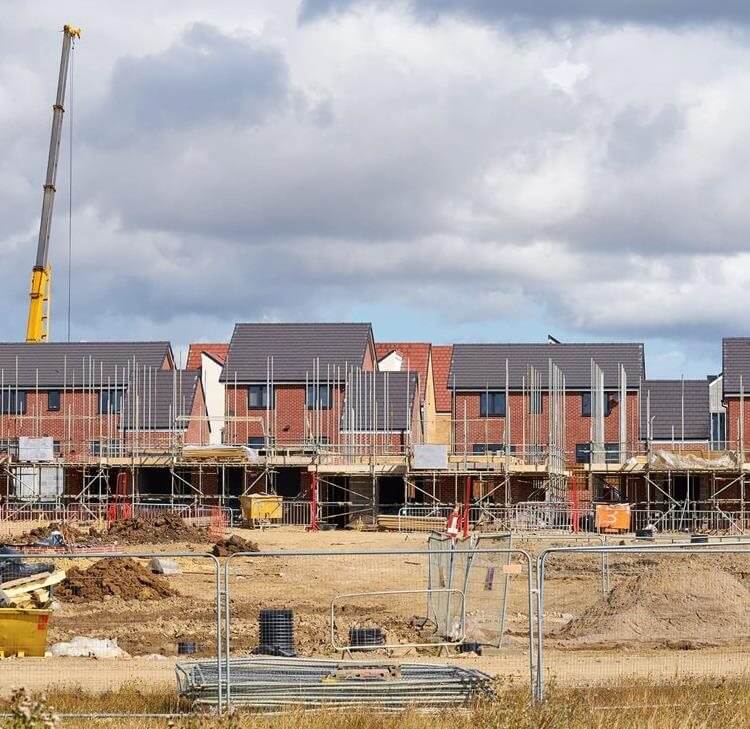The Levelling-up and Regeneration Act 2023 gives local authorities in England power to conduct compulsory rental auctions of vacant properties in designated high streets or town centres as long as certain criteria are met (including that the property has been vacant for the whole of the last year or at least 366 days during the previous two years).
As long as the local authority has first complied with a dual notice process (serving on the landlord an initial letting notice followed by a final letting notice), the local authority can conduct a rental auction and then enter into a contract for letting on the landlord’s behalf with the successful bidder. The lease itself will be granted by the landlord (or by the local authority on the landlord’s behalf if the landlord fails to do so) and will be for a term between one and five years, with no security of tenure.
Somewhat out of the blue, the government has announced that these provisions are coming into force on 2 December 2024. According to the government press release, some early adopter local authorities will be unveiled at a showcase event next week.
Regulations have been passed to provide much of the missing detail about the process and a week-by-week timetable for the process. These regulations cover (amongst other things):
- the form of notices that a local authority must use to start the process;
- how the local authority identifies landlord works to be carried out under the contract to get the property to a prescribed minimum standard (a safe and secure condition, with any significant occupational risks removed or managed);
- documents and information that the landlord must provide to help the local authority prepare the auction pack (e.g. replies to pre-contract enquiries and proof of title) and the contents of the auction pack (a landlord may commit a criminal offence if it fails to provide relevant information in response to a local authority’s notice);
- how the local authority markets the property, the auction process itself and how a successful bidder is chosen - the landlord can choose any valid bid but if it fails to do so, the local authority must accept the highest bidder;
- who pays the costs of the auction process – the successful bidder can be asked to pay legal and surveyor’s costs and search fees;
- the terms that must (or in certain cases may) be included both in the contract and in the lease itself - these cover the sort of things that you might typically expect to see both in an agreement for lease (where the landlord is carrying out minor works) and in a five year commercial lease.
The government hopes that this package will enable local authorities to revitalise town centres, driving local opportunities and growth. However, it remains to be seen whether local authorities have the means and the inclination to conduct what is bound to be a time-consuming and complex process (it can take 22 weeks or more to go from the start to the end of the auction process). In practice, it may be that the threat of a local authority resorting to this process forces reluctant landlords into action.
Contact

David Harris
Professional Development Lawyer
david.harris@brownejacobson.com
+44 (0)115 934 2019









































